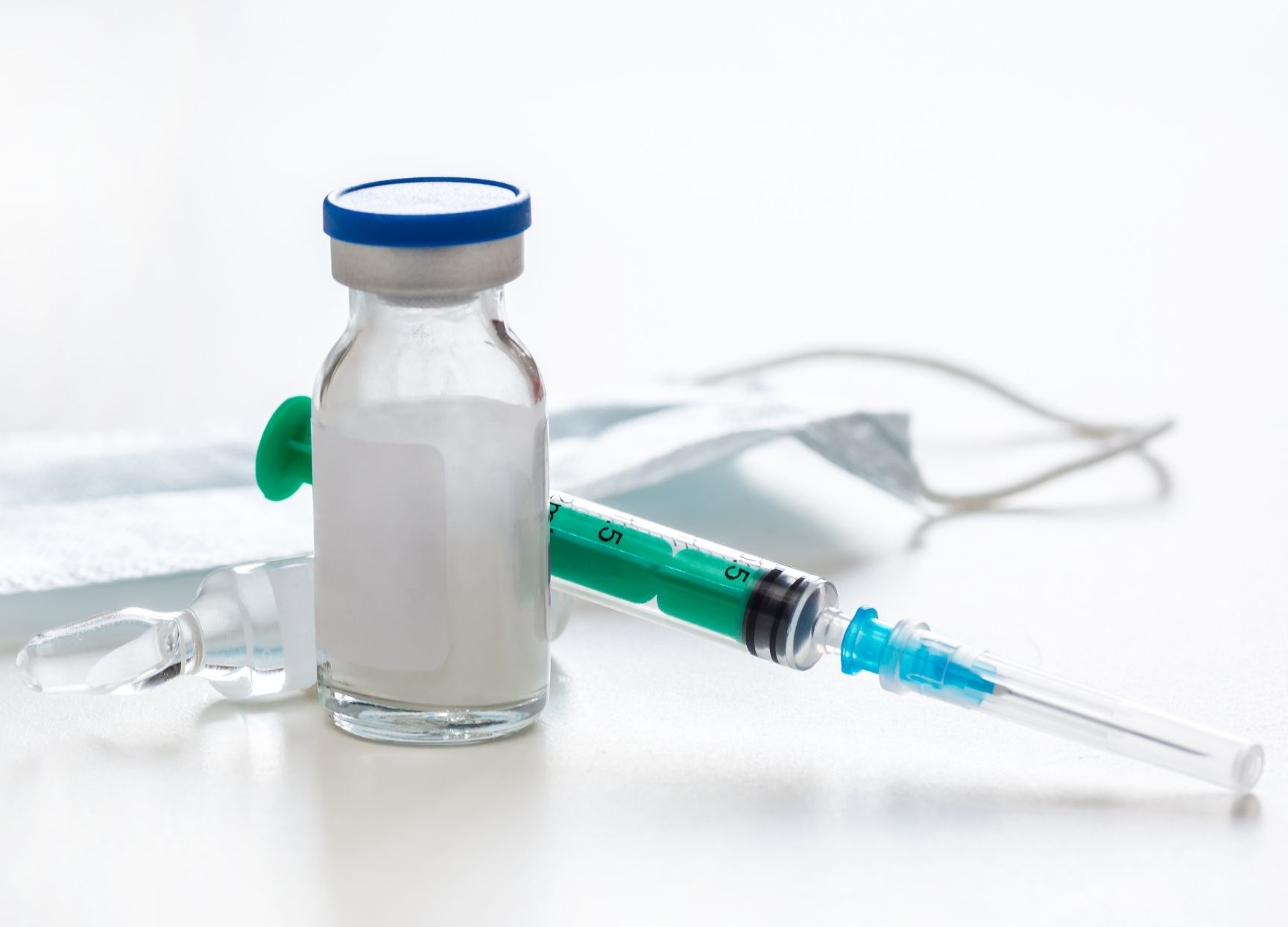Cholesterol is a waxy substance found in your blood. Cholesterol comes from two sources; all of the cholesterol your body needs to function is produced by your liver, with any additional cholesterol coming from animal-based food products, such as meat, poultry and dairy products. Cholesterol is carried through your blood attached to proteins, forming lipoproteins. There are different types of cholesterol in your blood, depending on what type the lipoprotein carries. The main two types are:
- Low-density lipoprotein – the ‘bad’ cholesterol, which transports cholesterol particles throughout the body. If there is too much circulating in the bloodstream, LDL cholesterol can build up in the walls of arteries, making them harder and narrower.
- High-density lipoprotein – the ‘good’ cholesterol, which picks up excess cholesterol and takes it back to the liver.
Cholesterol plays a vital role in your body’s normal functioning, and there is cholesterol in every one of your cells. It is especially important in your brain, nerves and skin. A vital component of cell membranes, it is also important in hormones and vitamin production, and is used to make bile, which helps to digest fats in your gut. However, although your body needs cholesterol to build healthy cells, high levels of cholesterol in your blood can increase the risk of heart disease.
High cholesterol can cause a dangerous accumulation of cholesterol deposits in arterial walls, forming plaques, known as atherosclerosis. These deposits can reduce blood flow through your arteries and can lead to complications, ranging from chest pain (angina) through to heart attacks and strokes.


